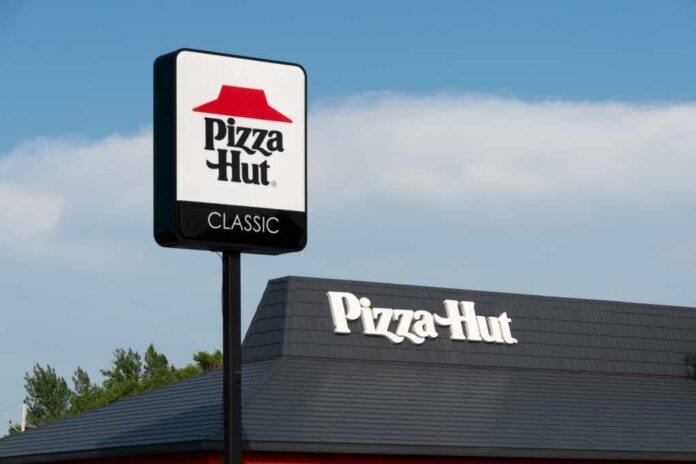
As California prepares for the introduction of a $20 minimum wage law set to go into effect in April, fast-food chains across the state are beginning to feel the heat. Multiple large and small eateries have commenced layoffs and price hikes to mitigate the impending financial strain.
Recent reports from The Wall Street Journal highlight the abrupt job terminations, particularly among delivery drivers, a sector already hit hard by economic fluctuations. Former Pizza Hut driver Michael Ojeda represents the human cost behind these layoffs. “Pizza Hut was my career for nearly a decade and with little to no notice, it was taken away,” Ojeda said.
California food chains laying off workers ahead of new minimum wage lawhttps://t.co/Zvf5bPSTBy
— Shirley Boyce (@sboyce7650) March 27, 2024
In a broader context, the wage law affects workers in fast-food establishments numbering 60 or more locations across the U.S., encompassing a vast portion of the industry’s workforce. Democrats have worked hard to shift their narrative away from the truth that many fast-food workers are teenagers and entry-level, often part-time, workers. As leftists insist that every restaurant worker should be paid enough to support a family, the new wage mandates are poised to make unemployment much worse in the Golden State rather than better.
Restaurateurs like Brian Hom, who owns Vitality Bowls locations in San Jose, have been forced to reduce their staffing, leading to longer wait times and higher consumer prices. Hom’s resolve not to hire further in the face of increased labor costs reflects a grim reality for the service industry.
Critics, including California Assembly Republican leader James Gallagher, have been vocal about the adverse impacts of the new mandate. Even as small businesses and local restaurants struggle to recover from the lockdowns imposed during the COVID-19 pandemic, the state’s social engineering is weighing them down yet again. “Restaurants are struggling to stay above water, and Democrats just threw them an anvil,” Gallagher said this week.
Moreover, the law has sparked controversy beyond its immediate economic impacts. Allegations have surfaced regarding Governor Gavin Newsom’s supposed favoritism toward certain businesses like Panera Bread, which initially escaped the wage increase due to a specific carve-out. These claims have fueled further debate over the fairness and integrity of the law’s implementation.
The unfolding situation in California offers a cautionary tale about the complexities of wage legislation and its unforeseen consequences. While the intent behind the $20 minimum wage law is to provide workers with fair compensation, its premature rollout has backfired, resulting in job losses and higher consumer prices.
The narrative emerging from California’s fast-food sector highlights a disconnect between legislative aspirations and real-world outcomes. Businesses, especially those operating on thin margins, find themselves between a rock and a hard place, forced to cut jobs or raise prices — sometimes both — to stay afloat.



























